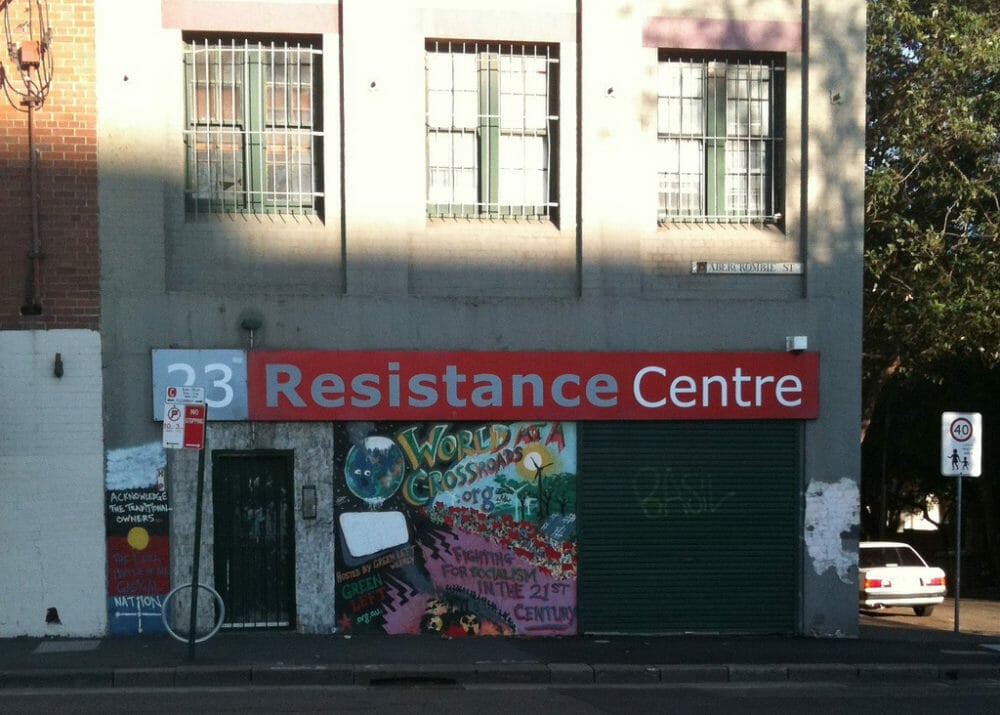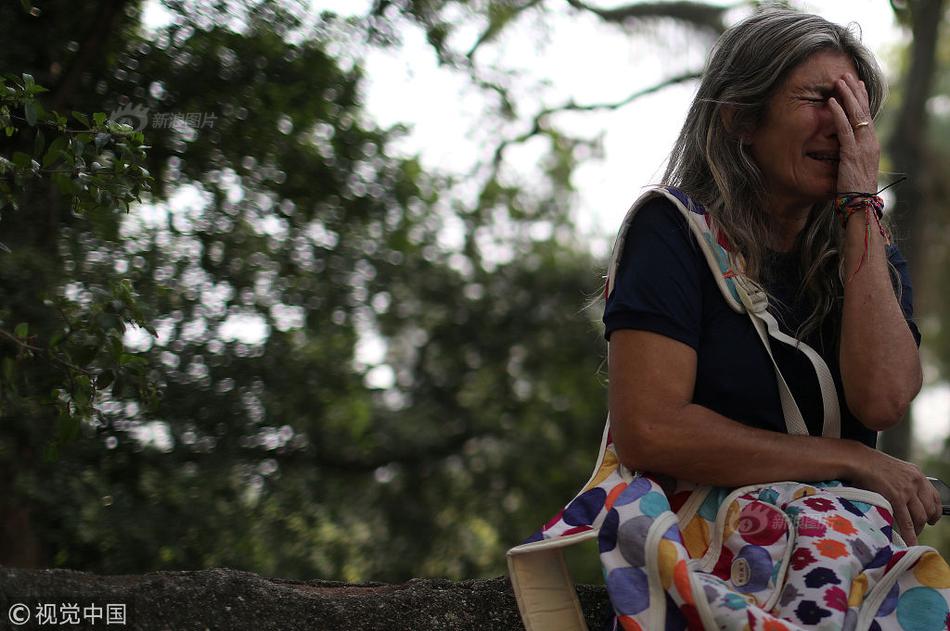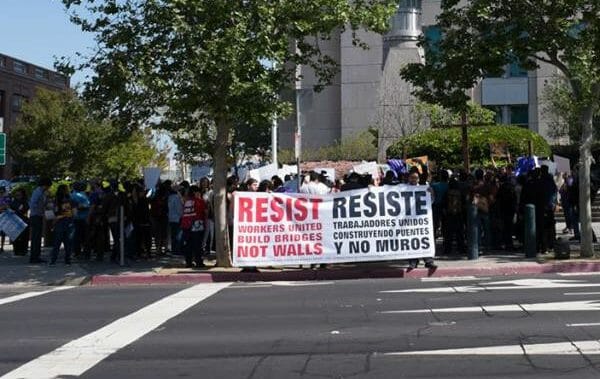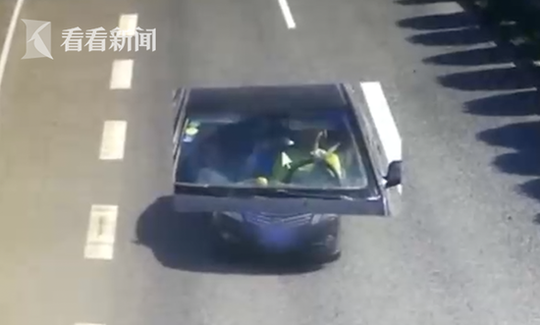People are The Lord of the G-Strings: The Femaleship of the Stringtaking advantage of Steam's trading card system by creating fake games, collecting cards from those games with bot accounts, and selling them to collectors for profit. Valve is not having it anymore.
Valve announced Tuesday that new games put on the Steam store won't dole out trading cards to players until Valve is confident that the game is being bought and played by legitimate users. Once a game reaches a "confidence metric" based on an unspecified "variety of data," developers will be able to hand out trading cards to players.
The trading card system -- introduced back in 2013 -- allows developers to create trading cards to reward players with just for spending time in the game (or if the games are free to play, rewarding players for spending money within the game). Some players collect these cards or buy them on the Steam community marketplace to round out their sets. Some players sell their cards to profit off of the marketplace, and some players ignore the whole thing completely.
SEE ALSO: 'World of Warcraft' players are becoming too powerful so Blizzard secretly made the game harderBy collecting a full set, players can customize their Steam profiles, earn discounts for other games, or get experience to level up their Steam account.
"Bad actors" are taking advantage of this system by creating fake games that include trading cards and publishing them on Steam. As the developer, they can generate thousands of game keys for bot accounts, which sit in the game and accrue trading cards en masse. Then they sell the cards to collectors.
It sounds like a no-harm-no-foul situation: those people are profiting from collectors who are willing to spend their money on the cards whether they like the game or not. If people want the cards from the fake games, why does Valve care?
Valve doesn't want fake games on Steam. Because bot accounts are putting real hours into these fake games, the fake games have a chance of popping up as a suggestion for players to purchase. Valve doesn't want people to have to figure out whether a game is real or not or end up spending money on a fake game -- it makes Steam look bad.
As for how much this is going to impact legitimate games that want to give their players trading cards, Valve said its hopeful the change will have "little negative impact on other developers and players, with a small number of games having a delay before their trading cards start to drop."
Topics Gaming
(Editor: {typename type="name"/})
 No Time for a Negative Peace
No Time for a Negative Peace
 NYT Strands hints, answers for May 18
NYT Strands hints, answers for May 18
 Google Pixel Buds Pro 2: $40 off at Amazon
Google Pixel Buds Pro 2: $40 off at Amazon
 SpaceX's Starlink satellite launch in pictures
SpaceX's Starlink satellite launch in pictures
 A Typical Wall Street Republican
A Typical Wall Street Republican
NYT Connections Sports Edition hints and answers for May 18: Tips to solve Connections #237
 Connections: Sports Editionis a new version of the popular New York Times word game that seeks to te
...[Details]
Connections: Sports Editionis a new version of the popular New York Times word game that seeks to te
...[Details]
 Interviews for Resistance
...[Details]
Interviews for Resistance
...[Details]
Apple is actively looking at AI search for Safari
 The U.S. Justice Department is suing Google (or Alphabet Inc., if you prefer), and in testimony toda
...[Details]
The U.S. Justice Department is suing Google (or Alphabet Inc., if you prefer), and in testimony toda
...[Details]
SpaceX's Starlink satellite launch in pictures
 SpaceX continued to SpaceX last Saturday, shooting yet another rocket into space. Here are some pics
...[Details]
SpaceX continued to SpaceX last Saturday, shooting yet another rocket into space. Here are some pics
...[Details]
 Arthur Goldhammer ,May 8, 2017 Robin Trium
...[Details]
Arthur Goldhammer ,May 8, 2017 Robin Trium
...[Details]
Bargaining For the Common Good
 Interviews for Resistance
...[Details]
Interviews for Resistance
...[Details]
 Contraband
...[Details]
Contraband
...[Details]
Ireland fines TikTok $600 million for sharing user data with China
 Ireland slapped TikTok with serious fines and, perhaps more worrying for the social media company, a
...[Details]
Ireland slapped TikTok with serious fines and, perhaps more worrying for the social media company, a
...[Details]
The best day to book your flight, according to Google
 Flying is expensive, and people are always looking for hacks to get a good deal. Luckily for those p
...[Details]
Flying is expensive, and people are always looking for hacks to get a good deal. Luckily for those p
...[Details]
Best robot vacuum deal: Save $200 on Eufy X10 Pro Omni robot vacuum
 Save $200: As of May 16, the Eufy X10 Pro Omni robot vacuum is on sale for $699.99 at Amazon. That's
...[Details]
Save $200: As of May 16, the Eufy X10 Pro Omni robot vacuum is on sale for $699.99 at Amazon. That's
...[Details]
'The Last of Us' Season 2, episode 4: Why Ellie sings 'Take on Me'

Best soundbar deal: Save $300 on the Sonos Arc

接受PR>=1、BR>=1,流量相当,内容相关类链接。